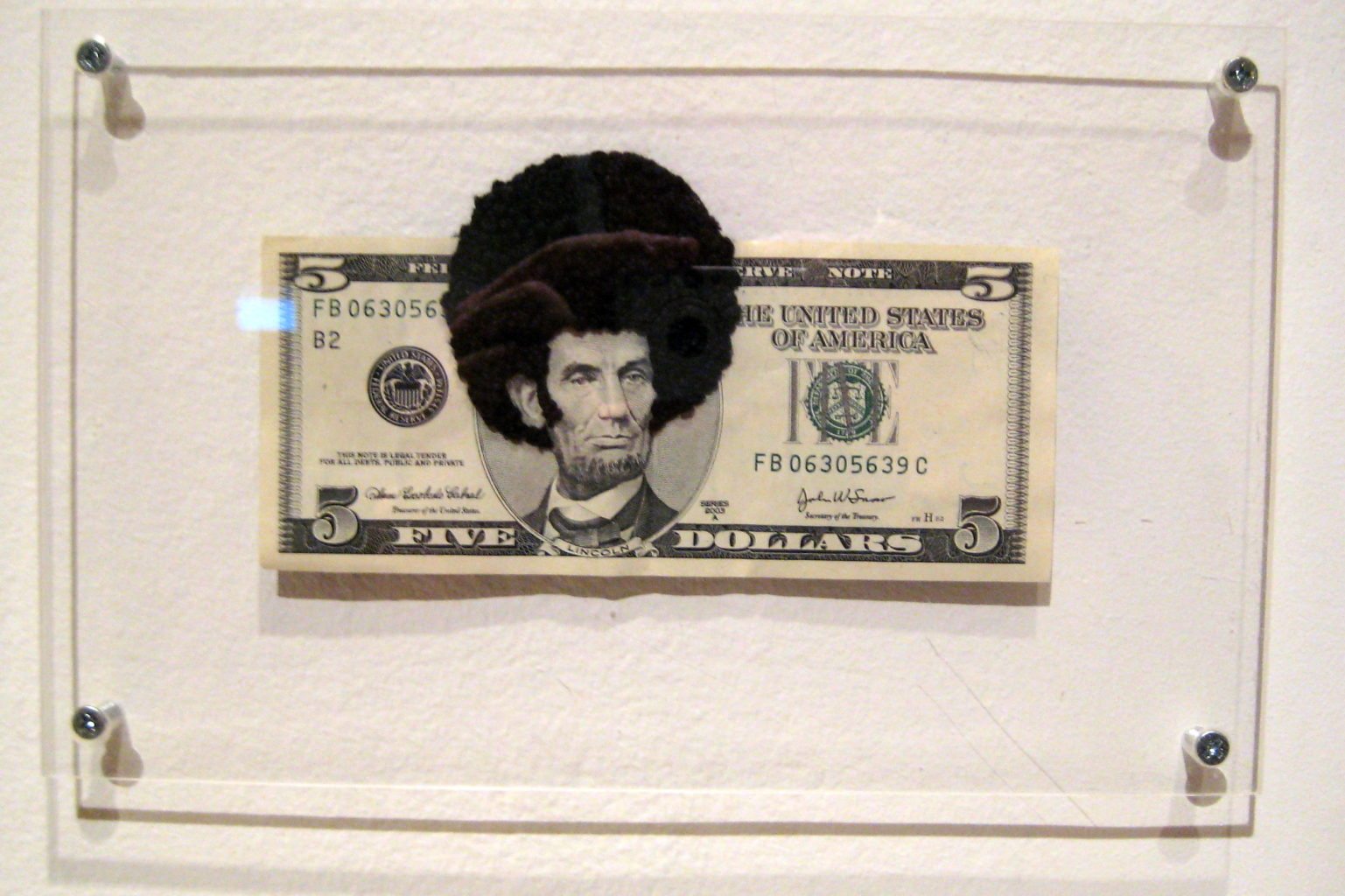Don’t touch my f*cking ‘fro
Blessing Mukosha-Park talks privilege, diversity, and ‘pulling a Rachel Dolezal’…
When it’s just hair – what’s the big deal?
“Black women wear weave to look white, why isn’t that cultural appropriation too?”
“You should take it as a compliment!”
“White girls just do it better!”
Maybe I’m just an angry black woman. But when I see a video on Facebook of a white woman saying ‘how to make straight (Caucasian) hair into afro hair’, with comments like the ones above, I get pissed. Because whether it’s Miley Cyrus rocking up at the VMA’s wearing fake blonde dreadlocks or Marc Jacobs putting bantu knots on white models and selling them as ‘mini buns’ the blatant disregard some people show to the culture of people of colour continues to shock me.
“Black women’s bodies have been fetishised, desexualised and thrown into the mud”
Now first, let’s get something straight. It’s not that I don’t appreciate the beauty of multiculturalism and the benefits that can come from a society that is aware and open to all of it’s different styles, cultures and textures. But we need to be aware of lazy ignorance and, in the words of College Humour, ‘Columbising’ other people’s cultures and moronically claiming something for our own because we think it’s ‘cool’ and ‘trendy’.
The reason why it’s wrong for white women to retort with comments like those made at the beginning of this article is down to the matter of privilege. White women have the luxury of being able to delve into a cultural ‘pick-and-mix’. Historically, they have been moulded as the standard of beauty for all women to live by. White beauty standards saturate every inch of our lives, from media and music to film and television. Where black women’s bodies have been fetishised, desexualised and thrown into the mud, ‘white’ beauty has suffered the exact opposite. White women are in a highly privileged position. Perhaps due to ignorance, arrogance or because their beauty is seen as the one to emulate, it’s rarely criticised when they appropriate other cultures.
“We need to be aware of lazy ignorance and ‘Columbizing’ other people’s cultures because we think it’s ‘cool’ and trendy’”
Take music festivals for example. It’s seen as ‘edgy’ and ‘cool’ when white people wear Native American headdresses and bindis at festivals. They get likes on their Instagrams and reblogs on their Tumblrs. If white kids go on gap years and pick up a set of cultural clothing to wear back at home, it’s seen as cool and trendy. If Topshop or ASOS make something and call it ‘ethnic print’, they market it to their predominantly white, female and teenage clientele knowing that it will fly off the shelves.
But when the situation is reversed, women of colour are not afforded this same luxury. All over the world black women are told that their natural hair is ugly or strange, some sort of circus attraction which warrants wandering hands to touch and play with it like it is not a real part of their body, culture and character. Women in business environments are told that their natural hair isn’t ‘professional enough’ and little girls everywhere playing with the long, blonde hair of their white Barbie dolls grow up craving ‘good hair’ that flows past their shoulders and runs silkily through their fingers. People of colour are told that their cultural dress is weird, different and something only to be shared in private and yet these same critics will immediately double-tap a picture of Kendall Jenner in salwar kameez (“wow, a new trend for 2015!”).
“Women of colour are not afforded the same luxury”
What the girl in the Facebook video was really doing was giving herself a quick perm, something that is widely available in salons and frequently done on Caucasian hair. But she chose to sell it as a method of faking an afro. She made a video that showed white women how to pull a ‘Rachel Dolezal’ purely for the sake of vanity.
It’s the modern day blackface and given how hard women of colour have had to fight to have their own unique beauty acknowledged and appreciated, instances like this video are more of a spit in the face than a celebration of culture.

Comments